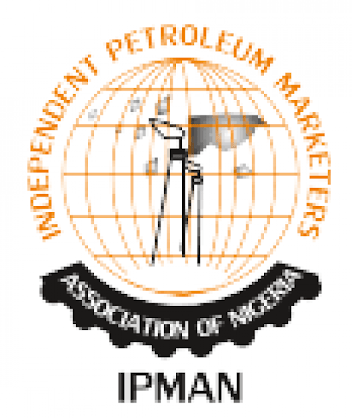 Rosemary Onuoha
Rosemary Onuoha
03 April 2012, Sweetcrude, Lagos – As sweeping reforms continue in the insurance industry, the Board of Directors of companies in the sector must now be involved in the risk management process and must submit a risk management declaration to the National Insurance Commission, NAICOM, at the end of every financial year.
The declaration relating to each financial year of the company shall be signed by at least two directors along with the annual returns and accounts of each company.
According to the guideline for developing a risk management framework for insurers and reinsurers in Nigeria recently issued by NAICOM, from 1st July, 2012, any company that does not comply with the guideline will be duly sanctioned by NAICOM.
A risk management framework is the totality of systems, structures, policies, processes and people within the company by which the company identifies, assesses, mitigates and monitors all internal and external sources of risk that could have a material impact on the company’s operations. The guideline sets minimum standard required from each and every insurer and reinsurer by which they can provide a reasonable assurance to the Commission, policyholders, shareholders and other stakeholders that the risks to which they are exposed are being soundly and prudently managed.
As a result, the Board of all insurance and reinsurance companies must provide NAICOM with a Risk Management Declaration stating that, to the best of its knowledge and belief, having made appropriate enquiries that the company has systems in place for the purpose of ensuring compliance with the guideline.
With the declaration, the Board is saying that it is satisfied with the efficacy of the processes and systems surrounding the production of financial information of the company; that the company has in place a Risk Management Strategy, developed in accordance with the requirements of the guideline, setting out its approach to risk management; as well as the fact that the systems that are in place for managing and monitoring risks, and the risk management framework, are appropriate to the company, having regard to such factors as the size, business mix and complexity of the company’s operations.
According to the guideline, the Board of Directors shall have responsibility for ensuring an adequate Risk Management Framework including principles for how risks should be identified, assessed, monitored and controlled or mitigated within the company’s operations; defining the company’s risk appetite in line with the company’s financial resources, business strategies, management expertise and overall willingness to take risk; as well as reviewing and approving the Risk Management policies and procedures.
Other responsibilities of the Board of Directors include re-evaluating the framework and risk appetite at least annually, considering changes in the risk profile of the business (changes in products, markets, operating environment) as well as ensuring that the Risk Management Framework is regularly audited by appropriately trained and competent personnel that are operationally independent of the risk management activities.



